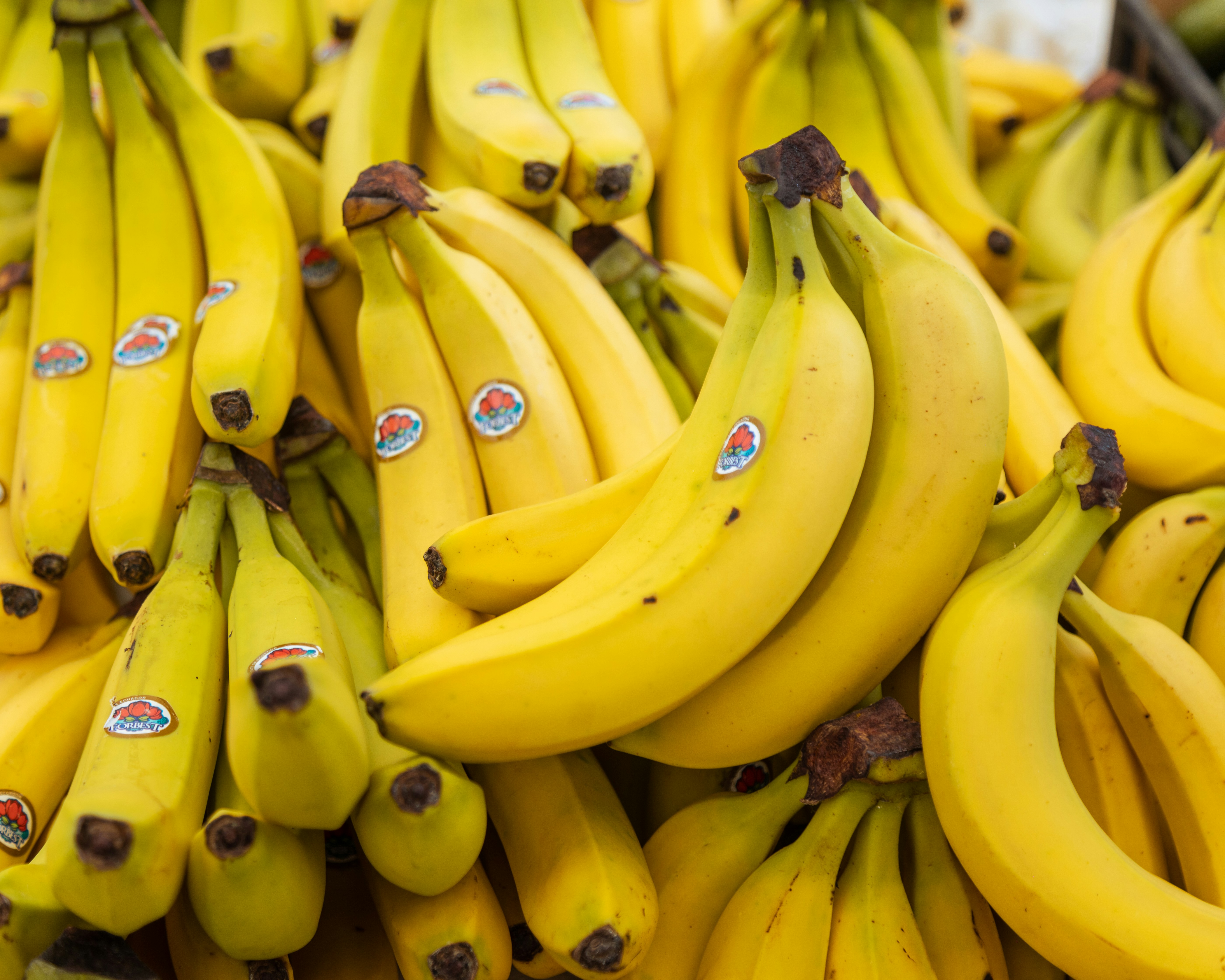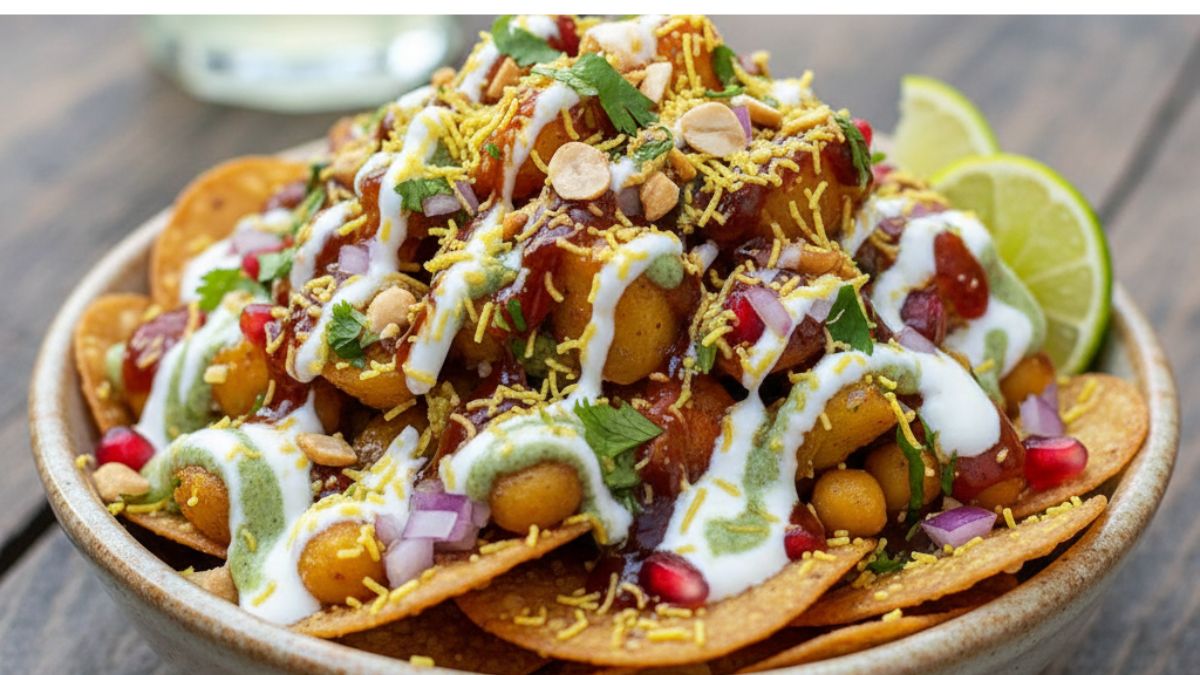Protein is an essential macronutrient which (apart from water) makes up most of our body. It constitutes our skin, muscles, hormones, enzymes, bones, blood, etc. However, unlike other macronutrients present in the body, like carbohydrates and fat, our body has no reserve to store protein. Seeing that a large percentage of our population in India is vegetarian, stress has been put on the fact that a lot of us do not get enough protein in our daily diets. And so comes the question of whether you should eat your protein or should you drink your protein.
Also Read: How Much Protein Is Enough? Celeb Nutritionist Reveals
Nutritionist Deepti Jain helps you understand which is the right way of consuming your protein. The adult RDA for protein is 0.8-1 gram of protein per kg of weight, also depending on the kind of physical activities you have in your routine. A 65kg adult would need somewhere between 52-65 grams of protein per day. For most non-vegetarians, this isn't the case since on average a non-vegetarian diet mainly fulfils the protein requirement in the body, also known as complete proteins because they contain the nine types of amino acids that our body cannot produce on its own.
For vegetarians, dairy products, tofu, quinoa, or food combinations such as dal chawal, hummus & pita bread etc., can be classified as complete proteins. While protein powders/shakes have added vitamins and minerals in them, consuming food through natural resources contains natural vitamins, minerals, antioxidants and fibre, all while ensuring that you are satiated/feel full from a meal. It generally takes around 20-30 minutes of chewing for our brains to signal that we are full. Therefore, only a protein shake will not give you the feeling of being full as it is consumed quickly.
Also Read: 4 Homemade Protein Shakes And Salads For Building Muscles And Weight Loss

Protein shake is a popular way to consume the nutrient. Image Credit: iStock
Eating your protein also negates the potential side effects of protein shakes, such as nausea, headaches, bloating etc. Hence it is essential to choose your protein powders from a good brand or make your own protein powder at home. It should also be noted that individuals who use protein shakes as a meal replacement for weight loss are on a slippery slope because depending only on meal-replacement drinks isn't the wisest option. As soon as you start eating normally, all gains or results will be lost. Therefore, it is better to stick to a healthy balanced diet where you consume everything in moderation.
However, this does not mean that protein powders do not have their place. The first thing to realise is that protein powders are in fact supplements. That is why they are not actually meant to replace regular meals. For those individuals who work out rigorously or are professional bodybuilders or athletes, their daily protein intake can rise to 1.6-2.2 grams of protein per kg of weight. These protein supplements can be great as they need a much higher protein intake than the average individual, and it's not always easy to consume that amount of food that would cover your daily requirement. But note that if you suffer from kidney or liver problems, have high uric acid or have certain heart conditions, then protein powders should be consumed only after consulting an expert.
About the author: Deepti Jain is a Nutritionist at Chicnutrix.














